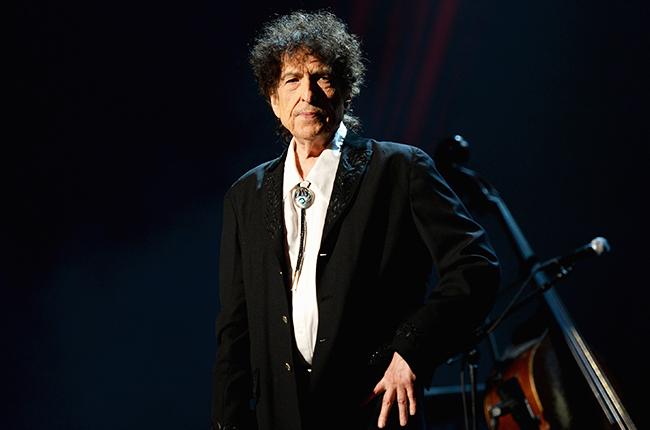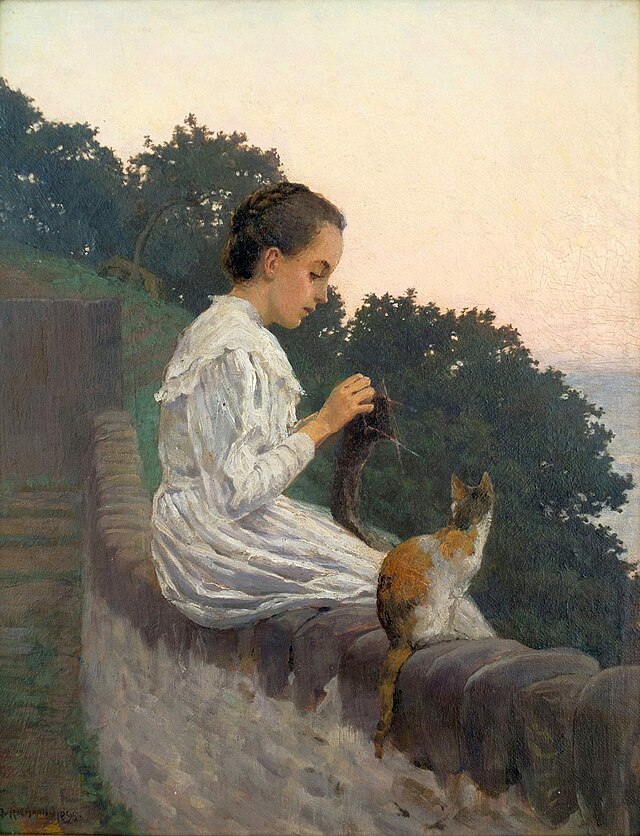On Oct. 13, 2016, the Swedish Academy awarded Bob Dylan the Nobel Prize in Literature for “having created new poetic expressions within the great American song tradition.” Being the first musician to be awarded the Nobel Prize in Literature, Dylan is an unconventional choice and has drawn an abundance of praise, frustration and confusion.
Since signing his first recording contract in 1961, Dylan has touched millions of fans across the globe with his 37 studio albums. Two of his most recognizable songs, “Blowin’ in the Wind” and “The Times They Are a-Changin’,” became anthems for the rising civil rights and antiwar movements in 1964. In 1988, Dylan was inducted into the Rock and Roll Hall of Fame, and in 1997, he received the Kennedy Center Honors. Dylan brings a sophistication and poeticism to popular songwriting and has inspired many great artists, including The Beatles and Jimi Hendrix.
There is little question of Dylan’s musical talent; however, he is not an established literary writer, although it should be noted that Dylan has actually published poetry and prose. Many believe that Dylan’s win was misguided and that others, such as Ngugi Wa Thiong’o or Salman Rushdie, were more deserving of the Nobel Prize. What does Dylan’s win convey about the future of this prestigious award? Researcher and writer Kabir Taneja tweeted “My worry is not Bob Dylan winning, but flood gates opening for lyricists in [the] future.” Another tweeter, Jason Pinter, questioned if Stephen King was now qualified to get elected into the Rock and Roll Hall of Fame.
Ryu Spaeth, an editor for New Republic magazine, believes that Dylan’s win is a category error. Spaeth feels that writing lyrics is an entirely different mode of expression from other forms of writing. He says that music “uses tools that are unavailable to the writer,” and asks, “is the ache on a song like ‘Girl From the North County’ expressed by the lyrics or the harmonica, or some combination of the two?” Others have agreed with Spaeth and feel that songwriters should not be contenders for the Nobel Prize in Literature.
Although these critiques are understandable, I personally believe that songwriting deserves to be classified as literature. Song lyrics are an extremely powerful method of communication that are underappreciated compared to other forms of writing. They often contain elements of memoir, reflections on political issues and universal themes that appeal to wide audiences of listeners. Many of the same elements required for effective poetry also apply to songwriting, therefore many songwriters actually begin their careers as poets. Songs usually express a larger story or theme in a short, usually less than five minute, piece. In order for this to be achieved, the songwriter has to craft an engaging arrangement that relies on a potent use of language and carefully chosen words. According to the Merriam-Webster dictionary, even brochures are classified as literature. How could this challenging craft not be?
Sara Danius, the secretary of the Swedish Academy, has defended Dylan’s win saying, “The times they are a’changing, perhaps. Of course he [deserves] it—he’s just got it. He’s a great poet in the English-speaking tradition. And he is a wonderful sampler, a very original sampler. He embodies the tradition and for 54 years now he has been at it, reinventing himself constantly, creating a new identity.” Bill Wyman, author for The New York Times, agrees with the academy’s decision. He writes that Dylan’s “lyricism is exquisite; his concerns and subjects are demonstrably timeless; and few poets of any era have seen their work bear more influence.”
So, what does Bob Dylan think? Now more than a week after the announcement, Dylan has still failed to respond to The Swedish Academy. It took Dylan five days before even acknowledging his Nobel Prize win with an update to a page on his website. On Friday, the media exploded after the words “winner of the Nobel Prize in literature” were removed from his site. The Swedish Academy is frustrated with Dylan’s lack of acknowledgement. Although unusual, this behavior is not uncommon for Dylan, who has shown an ambivalence to awards in the past.
Throughout his career Dylan has influenced history through his music, and now, he has stretched the definition of literature. For better or for worse, Dylan’s win has certainly widened the field for future Nobel Prize winners and nominees.







